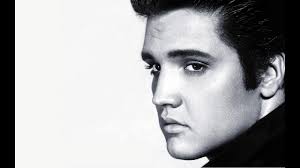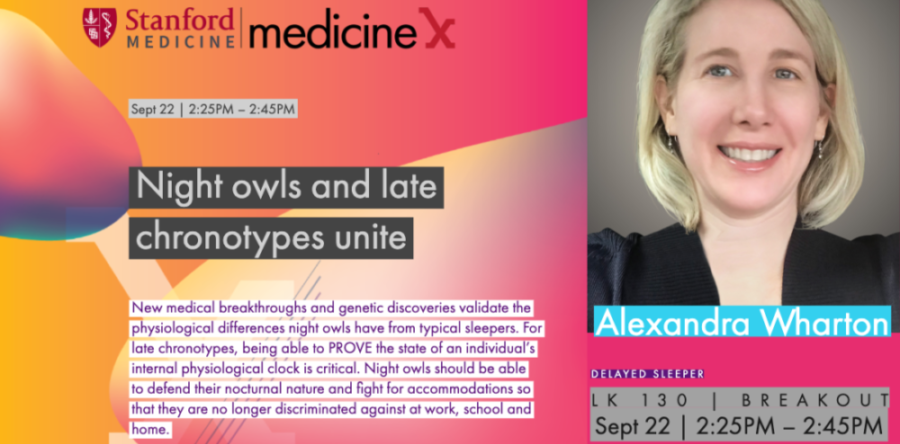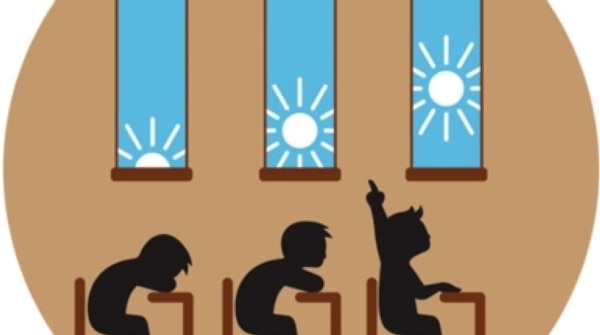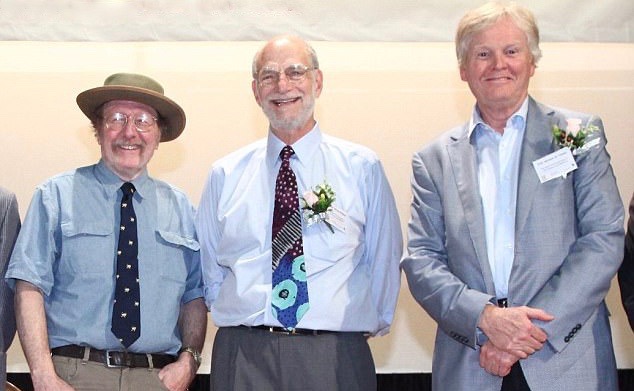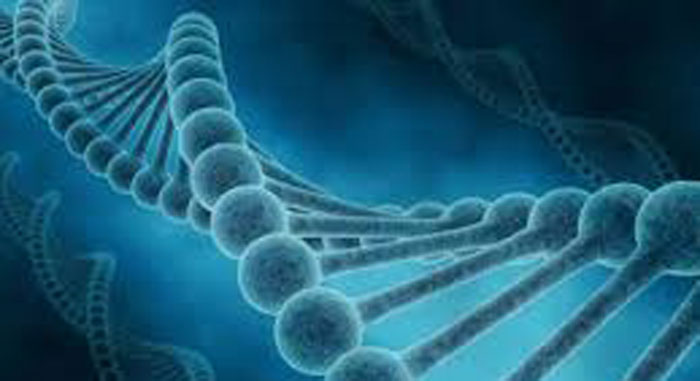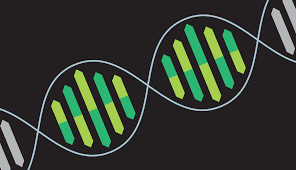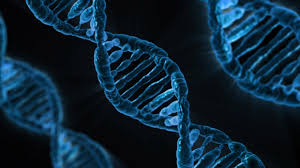This patient story was originally posted on Society for Research on Biological Rhythms (SRBR) Night owls have organized and our ranks are growing. Groups like the Circadian Sleep Disorders Network and B-Society are advocating for people with late chronotypes – building awareness of flexible work and school schedules, reducing stigma, and increasing federal funding for sleep research. Late chronotypes (“night owls”) are awake when most people are sleeping for different reasons. Some have a preference or habit for staying up late,…
More
Part 2 – My Patient Story on SRBR.org
March 1, 2021

